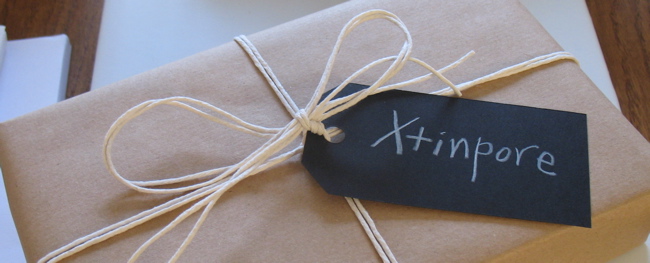
Sometimes I think that the stupid and boorish things in this world get a great deal more attention than the beautiful and perspicuous. I suppose there are lots of reasons for that, and there's no doubt that it's already canned into a million platitudes like the one about telling ten people about the bad service you got and no-one about the good service.
I think there are a couple of things. Stupid and boorish things often have a healthy element of hilarity in them -- their ignorance and self-righteous blithering is often funny as hell. That makes them good to share, too, because it's good to make someone else laugh, and it's even better to make someone else laugh while making them feel smarter, and nothing like a bit of shared mockery for feeling smarter, as everyone in the known universe surely agrees -- whether or not their moral compass allows them to indulge in it, which is another matter altogether. The other thing is that stupidity is annoying. Or degrees worse than annoying until it reaches crazy pernicious whackaloonitude. It builds a tentacled creature with a face like a squashed tomato around your diaphragm. I tend to want to exorcise the little beast. Usually, because it's funny. Sometimes, because I'm really enraged, but I try to choose my moments for that.
Beautiful, perspicuous things are not like this. Of course, there is the ancient desire to share something beautiful -- the sense of looking around for someone to show it to, for someone else to join you in your pleasure. That is true. But somehow I find myself silenced more often than not. Perhaps it is because I tire of the relentless fucking earnestness of much of the, erm ... (how shall I put this?) ... appreciative responses to the world? Why is it that it is only the doomsayers who are funny or ironic any more? Of course, it may be that I only find doom funny or ironic. But generally, I think not. I think many things are beautiful, and keenly observed, and hilarious, and wonderful, and I find myself sitting quietly and enjoying it and not saying anything. Because what is there to say? That is beautiful. That is beautiful. That is beautiful. Or worst of all ... that is so true.
Cringeworthy. Just so ... earnest. It takes away the lightness. It's appallingly blunt, like nakedness in a room full of people in evening dress.
This is both beautiful and true. And sad. And funny, as well. But by god, I am not going to say so over there. Because that lily ain't gonna be gilded by me. Nope.
Is this where I whistle nonchalantly?
Brilliant gilded lily image from Diane Wilson.










